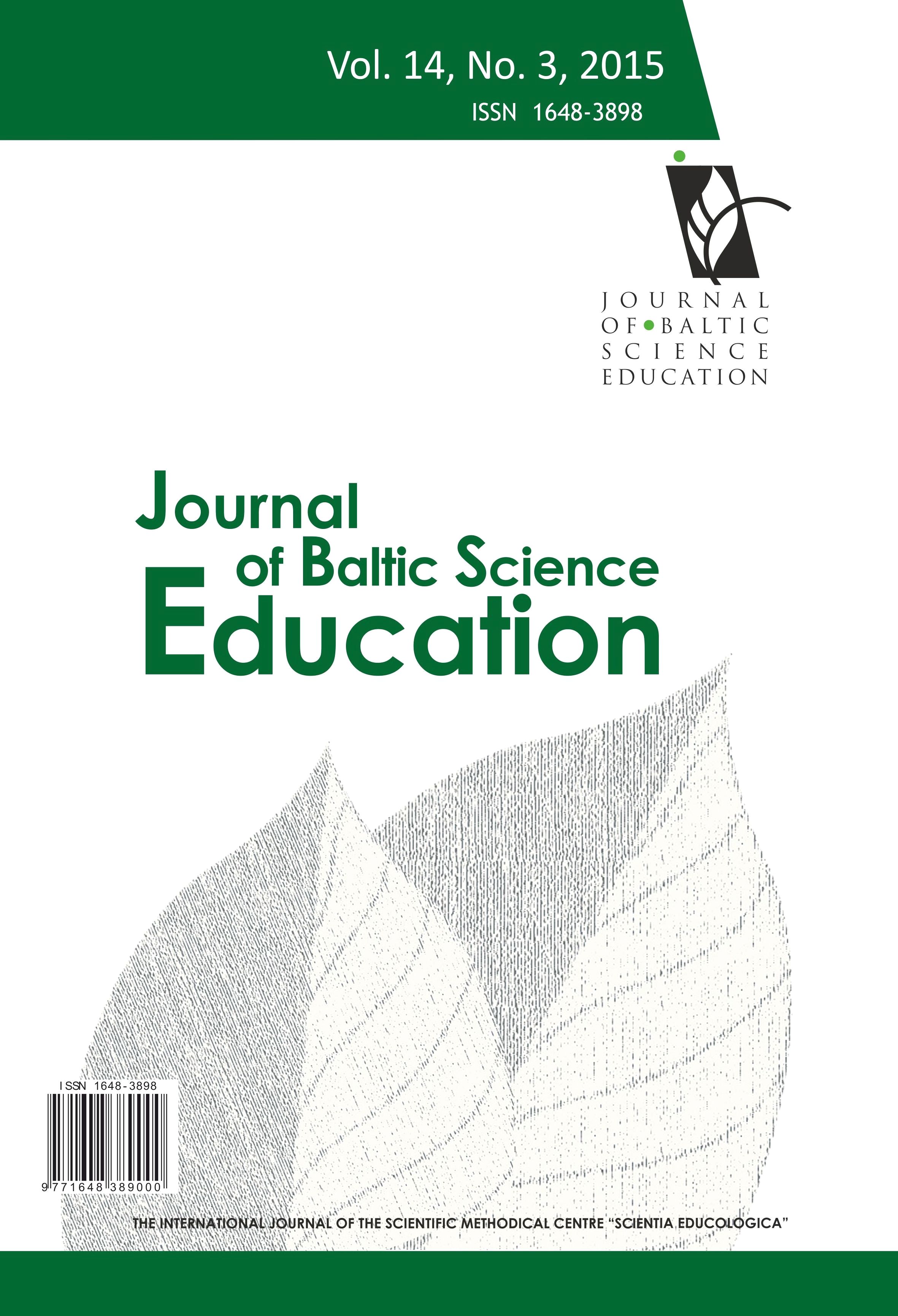ENGINEERING STUDENTS’ SELF-EFFICACY RELATED TO PHYSICS LEARNING
ENGINEERING STUDENTS’ SELF-EFFICACY RELATED TO PHYSICS LEARNING
Author(s): Murat Tezer, Gulsum AsiksoySubject(s): Education, Adult Education, Higher Education
Published by: Scientia Socialis, UAB
Keywords: engineering students; learning; self-efficacy; physics education; physics learning;
Summary/Abstract: Various studies have demonstrated that students who have high levels of academic high levels of academic self-efficacy are better at overcoming obstacles, have higher targets and are more confident. So, the aim of this research was to determine the self-efficacy levels of engineering students regarding physics, and to analyse the effect of their alma mater, class levels, the type of engineering programme in which they are being educated and academic success variables on their self-efficacy regarding physics. In the present research “Physics self-efficacy scale” including two factors which were developed by the authors was used to collect the data. Considering one of the independent variables, such as their alma mater, it can be seen that students who graduated from private high schools had a higher level of self-efficacy. In addition, compared to other students, those in their first year had a higher level of self-efficacy, which led to greater academic success.
Journal: Journal of Baltic Science Education
- Issue Year: 14/2015
- Issue No: 3
- Page Range: 311-326
- Page Count: 16
- Language: English

